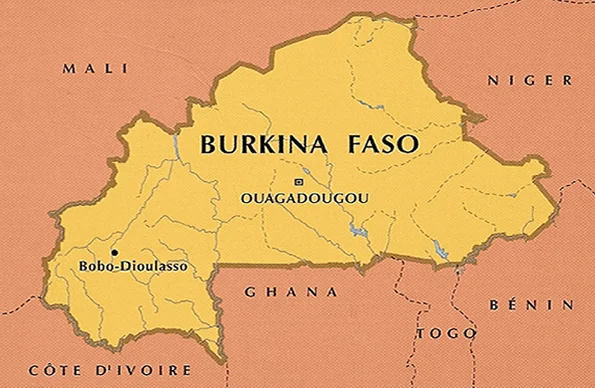Nigeria’s housing market is facing one of its most turbulent moments in recent history, as rents for two-bedroom apartments, often regarded as the “middle ground” for families and professionals, have surged beyond the reach of average households.
Findings by industry players indicate that the median rent for a two-bedroom apartment now hovers around ₦2.5 million annually, a staggering jump from just a few years ago. The figure reveals a deepening affordability crisis that cuts across the country: while inner parts of Benin City still offer flats at around ₦250,000, Lagos’s luxury districts demand as much as ₦20 million per year for the same category of housing.
Why two-bedroom flats matter
Two-bedroom units are widely seen as the benchmark of modest stability in Nigeria’s housing market. For families with children, young professionals seeking comfort, and middle-income earners, they strike a balance between affordability and livability. One-bedroom apartments are often seen as transitional, while three- and four-bedroom units are priced beyond the average tenant’s means.
But with prices climbing steeply, even this “middle ground” is slipping out of reach.
The human impact
In Lagos, residents told Moji Delano they were struggling to keep up with skyrocketing rents.
“It feels like a trap,” said Chinyere, a bank worker in Surulere. “You want to move closer to your office to save on transport, but the rent is now impossible. I pay more than half my salary just to keep a roof over my head.”
A young couple in Ajah described paying ₦1.8 million annually for a modest two-bedroom apartment. “Every year, our landlord increases it. We don’t know how long we can cope,” they said.
Similar stories emerge from Abuja, Port Harcourt, and Kano, where tenants lament being forced either into overcrowded housing or into relocating farther from work and schools.
Why rents are spiralling
Several factors drive the surge:
- Inflation and the cost of building materials have doubled construction costs.
- High demand in urban centers like Lagos, Abuja, and Port Harcourt, fueled by population growth and migration, has created a landlord’s market.
- Lack of affordable housing projects by government and limited mortgage options keep many Nigerians trapped in the rental cycle.
The bigger questions
The crisis raises urgent questions:
- How can the government strike a balance between market forces and the right to affordable housing?
- Should stricter rent control policies or housing subsidies be introduced, especially in highly populated cities?
- What role should law enforcement play in curbing exploitative practices by landlords, such as arbitrary hikes or evictions?
- How can the private sector be incentivised to provide affordable housing instead of focusing only on luxury developments?
Searching for solutions
Experts argue that without decisive intervention, Nigeria’s rental market risks excluding large segments of its population. Policy proposals include:
- Expanding public housing schemes.
- Introducing low-interest mortgages to ease the path to ownership.
- Strengthening tenancy laws to protect renters from arbitrary increases.
- Encouraging private developers to build affordable housing stock through tax incentives or public-private partnerships.
For now, tenants in Lagos and other cities remain anxious about the future. As one resident put it: “Every year, rent goes up, but salaries don’t. How much longer before people can’t afford to live in the cities at all?”
The affordability crisis, if left unchecked, threatens not only household stability but also urban productivity and Nigeria’s broader development goals.












